Do you know how to recognize the signs of a concussion in children? Spotting them early can make a huge difference in recovery.
When kids are active, accidents can happen. Recognizing the signs of a concussion in children is essential for their safety and recovery.
Signs of a Concussion in Children: What Parents Need to Know
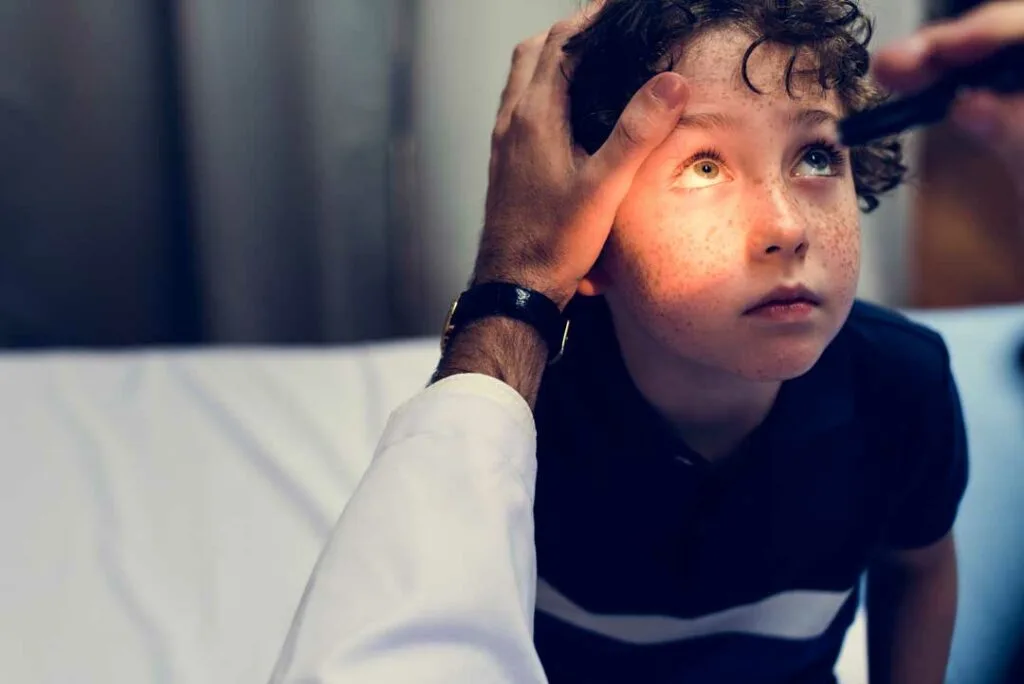
When children are active—whether playing sports, riding bikes, or enjoying the playground—accidents can happen. One of the more concerning injuries parents should be aware of is a concussion. Recognizing the signs early and taking the proper steps can make all the difference in your child’s recovery.
What Is a Concussion?
A concussion is a mild traumatic brain injury (TBI) that occurs when a bump, blow, or jolt to the head disrupts normal brain function. While concussions are often not life-threatening, they are serious and require careful monitoring and treatment to ensure proper healing.
Common Causes of Concussions in Children
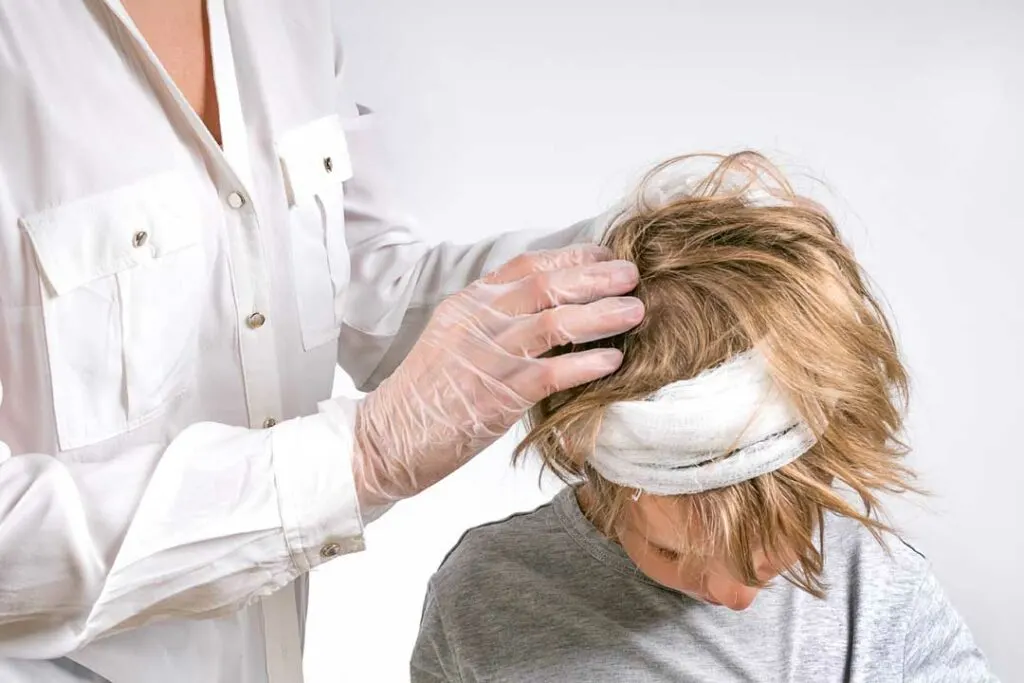
Children are particularly susceptible to concussions during:
- Sports and recreational activities like football, soccer, or basketball.
- Bicycle or scooter accidents, especially when not wearing a helmet.
- Falls from playground equipment, stairs, or furniture.
- Car accidents, even when properly restrained.
When Legal Action May Be Necessary
If your child’s concussion resulted from someone else’s negligence, such as an unsafe playground or a car accident caused by another driver, you may have legal options.
According to the Westchester County brain injury lawyers at Fiedler Deutsch, LLP, having legal representation ensures that your rights are protected and prevents you from being pressured into accepting a low settlement offer from insurance companies. An attorney will handle the complexities of your case, negotiate for fair compensation, and allow you to focus on your child’s recovery with peace of mind knowing someone is advocating on your behalf.
Signs Your Child Might Have a Concussion
Concussion symptoms can vary depending on the severity of the injury and your child’s age. Here are some common indicators:
Physical Symptoms
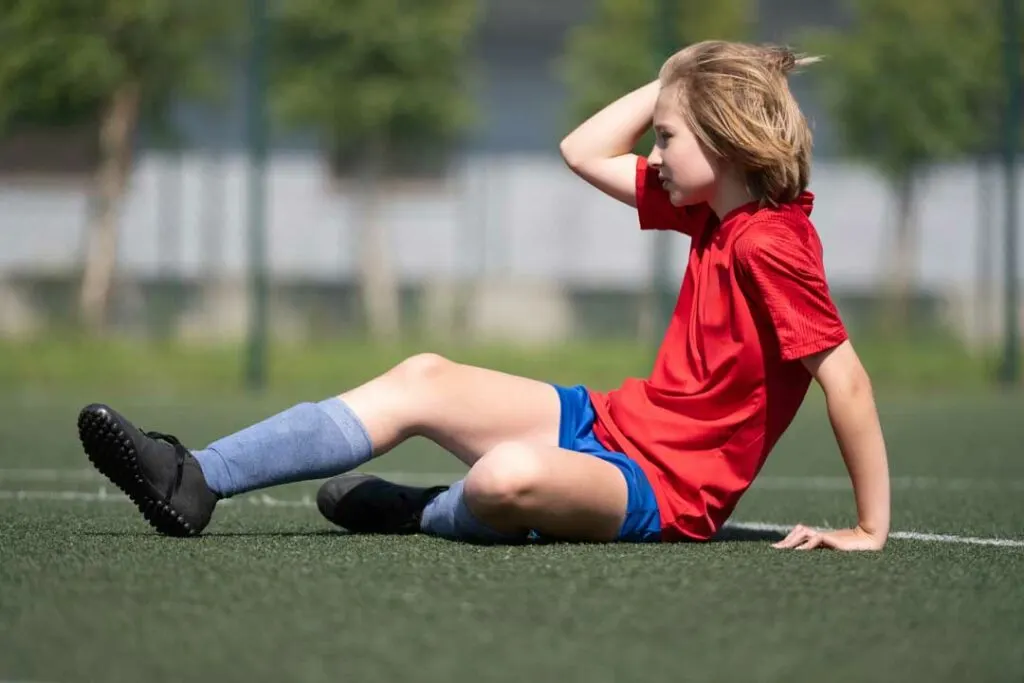
- Headache or pressure in the head.
- Nausea or vomiting.
- Dizziness or balance problems.
- Blurry or double vision.
- Sensitivity to light or noise.
Cognitive Symptoms
- Confusion or trouble concentrating.
- Difficulty remembering events before or after the injury.
- Feeling “foggy” or slowed down.
Emotional Symptoms
- Irritability or mood swings.
- Unusual sadness or anxiety.
- Becoming easily upset or frustrated.
Sleep Symptoms
- Sleeping more or less than usual.
- Trouble falling asleep or staying asleep.
If your child is too young to express their symptoms, watch for excessive crying, lack of interest in favorite activities, or changes in eating or sleeping habits.
Steps to Take if You Suspect a Concussion
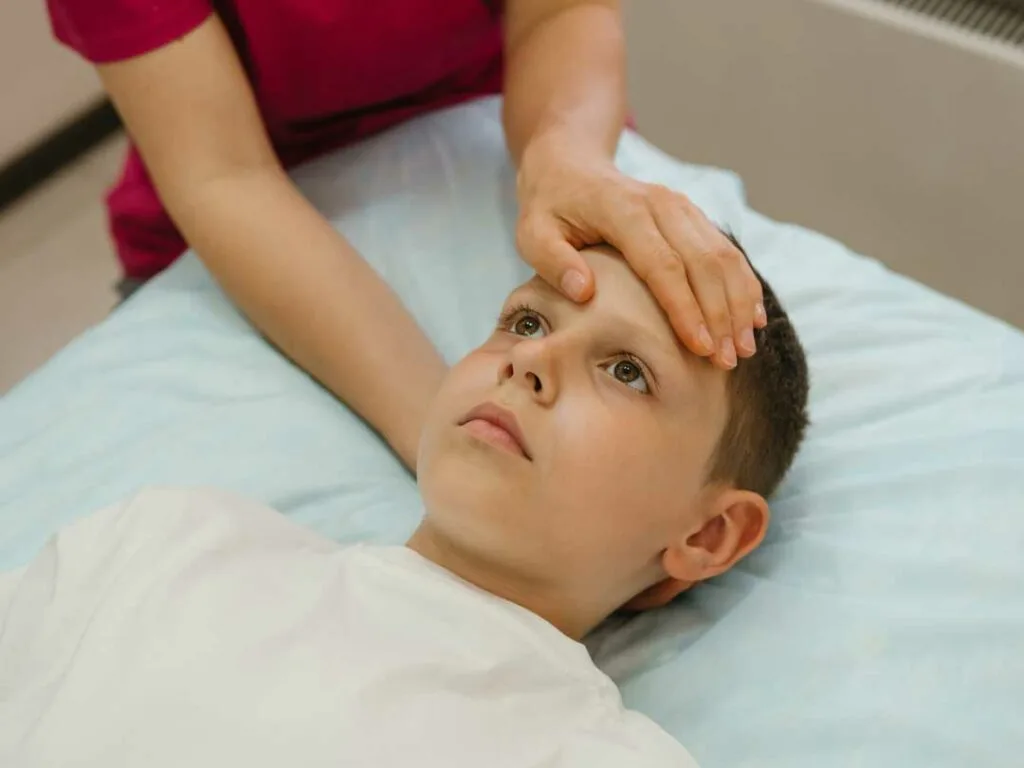
1. Seek Medical Attention
If you suspect your child has a concussion, consult a doctor immediately. They can perform a thorough evaluation and may recommend imaging tests or a neurological assessment.
2. Rest and Recovery
The most crucial treatment for a concussion is rest. This means avoiding physical activity and limiting screen time or activities that require intense concentration.
3. Monitor Symptoms
Watch for worsening symptoms, such as severe headaches, repeated vomiting, or loss of consciousness. If these occur, seek emergency medical care.
4. Follow the Doctor’s Guidance
Your child’s doctor may recommend a gradual return to normal activities, including school and sports, once they are symptom-free.
Preventing Concussions in Children
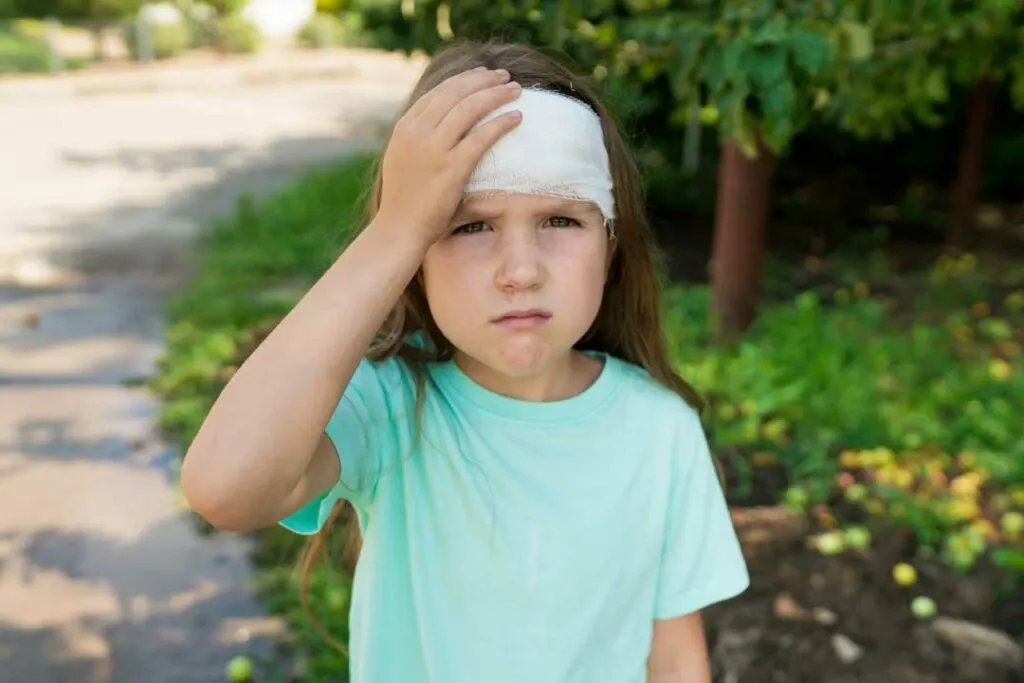
While it’s impossible to prevent every accident, you can reduce the risk of concussions by:
- Ensuring your child wears properly fitted helmets for biking, sports, and other activities.
- Encouraging safe play and adherence to rules during sports.
- Supervising playground activities to prevent falls.
- Using appropriate child car seats and seat belts during travel.
Importance of Recognizing Concussions
Recognizing the signs of a concussion and acting quickly can protect your child’s long-term health. By staying informed, taking preventive measures, and seeking the appropriate care, you can ensure your child recovers safely and fully from a concussion.
Understanding the signs of a concussion in children is critical for protecting their long-term health. By identifying symptoms early, seeking medical care, and following recovery guidelines, you can ensure your child heals safely and fully. Prevention also plays a big role—encourage helmet use, safe play practices, and adherence to safety measures. Stay informed and proactive to keep your child safe and thriving.

Jessi is the creative mind behind The Coffee Mom, a popular blog that combines parenting advice, travel tips, and a love for all things Disney. As a trusted Disney influencer and passionate storyteller, Jessi’s authentic insights and relatable content resonate with readers worldwide.
